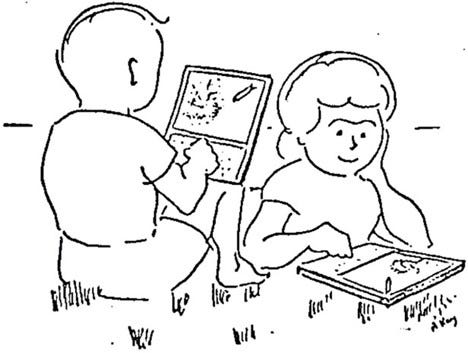When computing, wands are the weapon of encoding and decoding. The 11th card in a tarot suit is a person who embodies the network surrounding that trait.

The princess of wands is the Smalltalk programmer. A Smalltalk program is composed of many small, opaque servers that receive and respond to messages.
Smalltalk is total, utopian, orthogonal, uniform, elegant, full of wonder. It assumes no difference between using a computer and programming a computer, it was designed to be taught to and learned by children. Smalltalk was a central part of the original vision of “Personal Computing”. All programming languages are a vision, but Smalltalk says “Smalltalk is a vision.”
A Smalltalk program disintegrates into tiny methods against stacks a million frames deep. The language is tiny but the Smalltalk system is sprawling and enormous and all comes from the same place. Smalltalk systems tend to the incomprehensible - you cannot use them a little bit, you have to use them in their totality.
As you simplify one part of your system, where does the complexity go? How will your system fit in with other systems, driven by other users and use cases you don’t yet understand? What are the unifying metaphors or abstractions? What is complete and what is partial?

